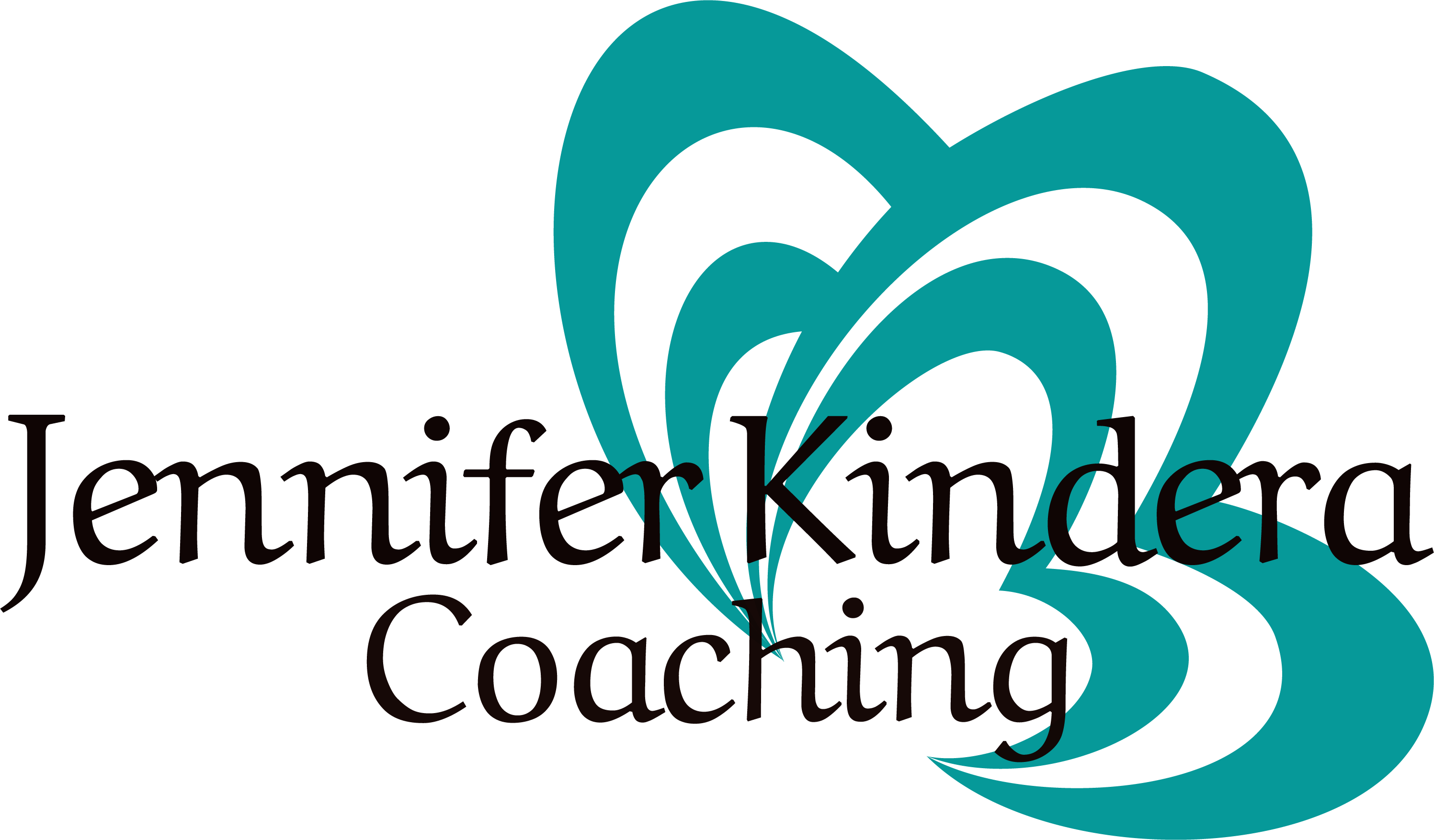My Mom’s suicide was the culmination of years of enduring painful emotional abuse and narcissism
The Shattered Encasement of Suicide Grief
Jennifer Kindera, CTRC-S, CHSP, TICC, CLC
CW: Suicide, Abuse
There was no blood, just a strong gas smell from the lawnmower. A tarp is placed strategically on the concrete floor. Maybe it was covering up the blood? But she was laying on top of it. Where was the blood, where?! The gun was next to her stiff form, her fingers curled up grotesquely, sparkly rings flashing merrily in the artificial light, but no blood. I could just see her face, frozen in her last moments, her makeup looked painted on. The magenta fabric bunched up in derisive ruffles. The air was so heavy in the room, and oppressive like it was July instead of actually October. I could smell the taint of something rancid and when I realized it was my own vomit on my favorite pair of shoes, I felt surprised, shocked even because I didn’t remember throwing up.
Once upon a time, there was a little girl who tried to be everything her Mama wanted her to be. Perfect in her dresses, pristine and calm. But she could never get it right. She was always making mistakes, climbing a tree and ripping her dress, or laughing too loud.
Her Mama said she had to be punished and so it began…a cycle of emotional, physical and narcissistic abuse that would last her whole life until her Mama decided she’d had enough of this world and ended it all, one rainy night.

After the final act is completed, there are so many questions, so much grief, so much shame, could I have done more, how did I not see it had escalated to this? Did I see it and ignored the signs? What kind of monster am I, to not save her? I didn’t know how to feel, she was so abusive, but she was my Mom.
So many unanswered loops played on auto-repeat. The grief when an abuser dies is unlike any other. There is a missing, but not of the person, more of a core knowledge of any chance for repair is completely obliterated. I didn’t know how to feel, and what I felt seemed false and wrong.
For me, my Mom’s suicide was the culmination of years of enduring painful emotional abuse and narcissism. She lived her life like a steamroller, flattening anyone in her path who got in her way, including her children and especially her daughter.
The trauma of her suicide was two-fold, the actual event of the shooting and the subsequent love-hate shame & grief bind which fractured my hard-earned sense of self.
I wanted to say so many things. Everything is trapped inside, within a voiceless soul. Why wouldn’t you get help? The shame magnified in the realization that my life was easier with her gone. Then there was the shame of why I hadn’t acted in a stronger way, forcing her to get evaluated. Was it my fault? Layer upon layer of blame, grief, shame and hurt.
Breathe. In. Out. Feel your lungs expand and hold. The walls aren’t really closing in. Breathe slowly out as if you are exhaling through a straw. The heavy weight of the stares of the other people in the room watching you fall apart, they don’t matter. It’s okay. At least they aren’t mocking you, right? That’s what she did when someone was suffering. Maybe they think it’s my fault too. I still can’t see any blood, but I do see the gun shot wound, it’s smaller than I think it should be. I mean, if it takes someone from alive one minute to dead the next, shouldn’t it be huge, a monumental hole that took life away?
People act differently with suicide. Plastic pauses and judgment. Human beings want to be able to help someone who is in heavy grief and when it’s natural causes, there is not anything that really can be said to comfort, but they try.
When someone dies by suicide, there are lots of side-eye glances, statements of ‘I don’t know what to say,’ which is actually better than people who say, ‘well at least she’s out of pain now,’ or ‘she’s in a better place.’
Those statements from well-meaning friends and family slew my rawness. How could suicide be better than staying here and dealing with your trauma, shame and pain? Why are we so afraid to say ‘I’m messed up?’ We would rather take the most drastic action of suicide, rather than face our own emotional messiness?
As sick and dysfunctional as it was, I realized in a frozen moment of time that I had no one. I began to sleep less, drink more and work harder to not feel my feelings. I was still a Mom, even though I didn’t have one. I had to work and support and smile through homework questions and teeth-brushing. The tremendous weight of the loss was a dark cloak that shifted my lens of perspective from I’m working to be the better version of me to nothing matters anymore, my hope stripped away and I was once again, invisible.
It was a total reset, as I had spent two decades finding my voice and working in therapy, several stints of EMDR, reading books on emotional, physical and narcissistic abuse, but none of the healing I had worked so hard on seemed evident anymore. Traumas revitalized, and I was on top of the roller coaster again.
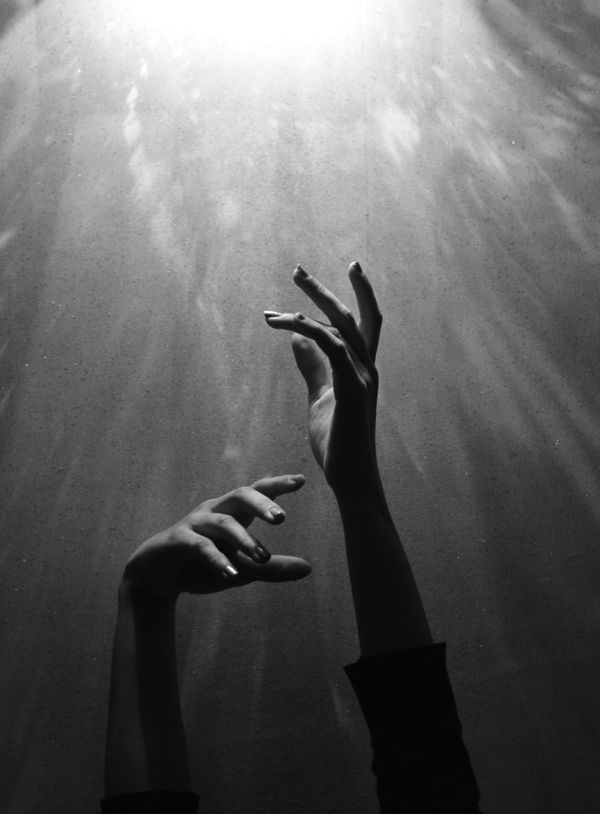
Oh god, I woke myself up again screaming and crying, the nightmares are so vivid. Drowning in the sheets, someone is dragging hot pokers across my whimpering skin, I can’t stop shaking, panting. Just a dream, not real. It’s the same one, I’m standing in the garage and she stands up, holding her bright blouse to her chest and saying, it’s your fault, you did this to me. I try to talk, scream, yell, but I can’t. I put my fingers up onto my lips except I have no mouth, nothing to open to let the words escape. I sink to my knees and onto the frigid floor as she stands over me laughing…you will never forget now, will you, she says. She is right.
I was at ground zero, everything I had learned didn’t apply because every day the loop was on repeat: I let my Mom die. The sound of my heart breaking was not actually a sonic boom, it was more like a gentle plink of glass splintering, the devastating cracks created gaping holes.

The services were a joke. These people didn’t know her, crying and sobbing about what a beautiful, loving person she was. What a crock. She was mean and foul, on a good day. She only acted like she loved you when she wanted something. I held my son on my lap and my daughter clung to my hand. Never would I do this to them. They didn’t even know her, she hadn’t wanted to spend time with them when she was alive. How could she do it? She wrote my name and number on a post-it note and left it on the kitchen table before calling 911. I listened to the tape of her call, she sounded so calm, detached. Her decision was final.
During the years of heavy grief and shame, my heart felt awkward in my chest. Its shriveled form sharply didn’t fit anymore. Grief is hard enough to navigate when you love someone who passes. In the death event of your biggest abuser, the grief is so complicated and murky, you can feel like you are literally drowning in emotions.
Fragments of shame, loss and bleakness filled my heart and mind. I truly felt I was responsible. Her suicide had made the already long struggle of dealing with my abuse, into a vast and empty wasteland where nothing ever felt right. I missed her, I didn’t, I hated her for how she had treated me, but I loved her and wanted her love. It was a spiraling quagmire of despair, laden with questioning my worth with no end in sight, and the vision of her lying on the cold concrete was bleached into my mind.
She loved the holidays. Our house always looked like something out of a Christmas card, with carols playing in the background. She wrapped up empty presents and placed them under the tree with care. Once, when my son was little, and we were invited over, he saw them and yelled, ‘Santa came!’ and took off running. She screamed at him to stop and I’ll never forget the look on his face, the beautiful, kissable cheeks as tears welled up in his eyes, I don’t think anyone had ever screamed at him like that before. She said, ‘The presents are empty, they are just for show, get away from them!’ We stared at her and all I could think was what a metaphor for her life.
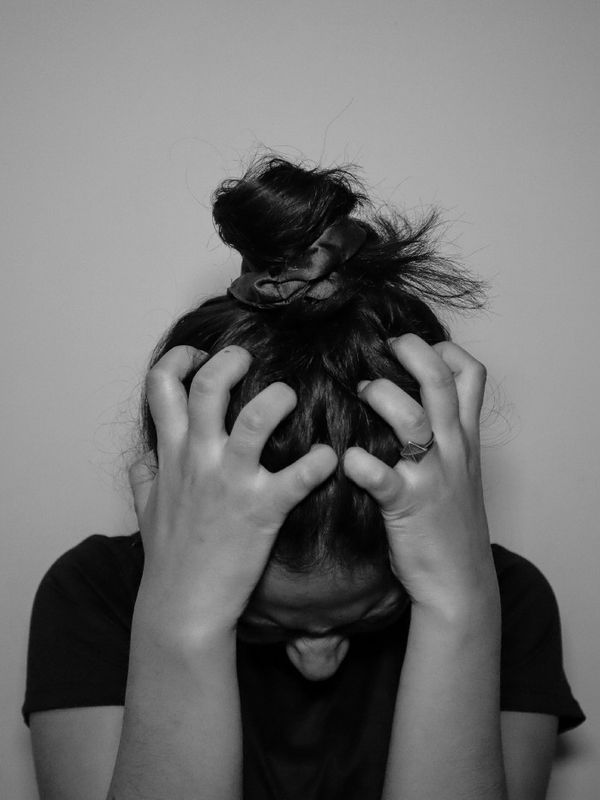
I had someone say to me once, almost a year after it happened, you just have to let it go. It happened, how long are you going to hold onto it? I was enraged. How can you judge, when you haven’t walked in my shoes? I didn’t have an answer; I just knew that if anything was going to change it would not be on a timeline I could dictate. I was tired of feeling like I had the wrong emotions.
People start to steer clear of you when you have grieved for ‘too long.’ Shame surfaced again and again, as I couldn’t just ‘get over it,’ I knew it was more than just her death, it was also the chaos and pain because of a million unresolved splinters of trauma from my childhood, as well as her final act. I kept asking my therapist, how do I not go under with this? How do I survive? Her answer, one foot in front of the other and when you can’t move anymore, stop for the day. It will take time, but you will survive. You have all along.
It was a joke, I think. Not sure who I was listening to or if I caught part, I dissociated constantly. One of those not really funny moments that just seem so funny. Someone said a play on words, maybe a cheese pun and I felt it in my chest, a little flutter and it was directly connected to my face, it had to have been, because I smiled. I smiled a real smile for the first time in I don’t know how long. Thought rushed in, the shame roared instantly, do I deserve to smile? My inner critic said no. My kind inner coach, who was growing louder all the time due to my therapist who kept pounding home that this wasn’t my fault, said YES.
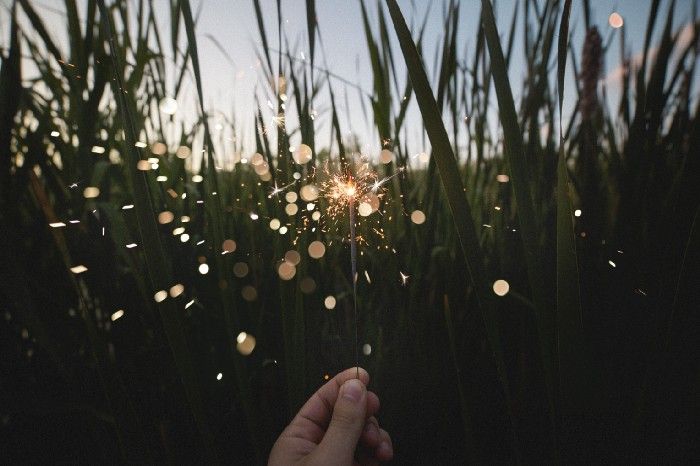
Today as I reflect back, I can’t pinpoint exactly when I laughed again or didn’t end the day in tears. I just know that one day a little burble of laughter bubbled up. It was unexpected, and I felt like I wanted to turn around and say who did that? Who made that sound?
And, it was me.
The healing started to glimmer through the fissures in my heart, in fits and starts. I began to heal through other people who cared, who held space with me, really saw me, and didn’t walk away when I couldn’t ‘just let go.’ My beautiful, shattered heart began to beat again.
Healing after the loss was so agonizingly slow. It felt unfair, watching the rest of the world continue on. I would look at others talking about their problems, and would feel angry — what does this matter? Don’t you know how fast it can all go? Why are you worrying about trivial things?
The healing of a grief & shame bind is complicated, there are a million moments when sadness overwhelms and shame rushes to the surface. Navigating the rocky terrain, holding onto hope when you have none, just going through the motions of daily life, feels so futile. It feels wrong somehow, to still be standing, breathing, functioning, in the face of such despair.
As I kept trudging the long road of mending a fragmented heart, regulating my nervous system which was in a state of constant hypervigilance, and learning to love myself, relief from the pain was incremental. It was minute pieces at a time; my inner critic was loud, demanding and boisterous.
I would stop when my head was spinning and look at what the thoughts were and say out loud, ‘that is a lie and not who I am.’ Little shifts were happening inside of me when I would have a success, even if no one else termed it as that. I would smile inwardly and feel my heart expand. Sometimes I could take a deep breath. I got a taste of empowerment and wanted more. My strength was starting to shiver up through the cracks in my heart and the darkness was slowly receding.

I planted tulips for years in the fall, around the anniversary of her death. They were a tribute to a life unfulfilled, mental illness and hope. They were a celebration of me, I survived. They are such a happy flower, the bright colors resonating. I hope she is at peace.
I wasn’t to blame for her choices or her undiagnosed mental illness. There was no shame in not being the perfect daughter of a narcissist. The thought is laughable, I could never have lived up to her ever-changing expectations of perfection. I wasn’t alone, even though I felt alone. I mattered, even when I thought I didn’t. The grief was overwhelming until it released a little at a time. The shame could tank me, take me down for days.
Today, I think of my Mom and feel sadness for her, the nature of her mental illness, a never-ending whirl of emotions. I feel sadness for me too, I couldn’t have done it any differently than I did, coming out of my family with toxic/pervasive shame, addiction and codependency as the safeguards of protection my brain used. Giving in and going numb was my response to threat. I don’t live in shame or blame of self as much. The question of whether I miss her in my life is a complicated one. I remember times when she was happy, seemed to like me and her life, but those are limited, surreal memories. Mostly, I know how I could never please her, and how often it usually ended in pain.
The transformation from a toxic, pervasive shame bind with grief is tremendously liberating and hard freaking work. The nature of shame is to hide, be invisible and I believe today, it’s what saved my life. Its agenda is to protect and it doesn’t care if my feelings get hurt in the process. The inner critic is the voice of toxic shame, but it is a process and grows with us.
For me, it mirrored the things my parents and brother said and did to me, especially my Mom, and became internalized quickly, so it felt like who I was as an adult. But because shame is the master emotion, and it binds with other primary emotions, I was an adult with multiple shame binds. The toxicity gave no compassion for the standards the binds demanded, and it was my baseline.
In my case, shame turned toxic because of chronic abuse and emotional neglect. My protection was self-abandonment. If I didn’t talk back, just agreed with what was going on, then maybe it wouldn’t escalate even more. The solution then became the problem, as I believed their version of me. When she died by suicide, of course it was my fault, there was no other explanation. But I couldn’t have done it any differently.
The beautiful differences between toxic/pervasive shame and healthy shame can show us that we are not at fault for everything happening around us. It helps me to accept limitations, know that I’m good at some things and not good at others and that’s okay. Healthy shame is always going to be ‘work-in-process’ for me, because with the death of a primary caregiver who was abusive, and the tragic way she died, it’s layer upon layer, like the preverbal onion peeling back.
I can have healthy sadness, healthy anger, healthy grief; we had a complex relationship, but the grief is not bound up in shame, for the most part. The help I received from professionals, the caring, attunement and understanding without judgment, holding a safe container for me to walk through all my emotions, was intrinsic in the healing I’ve done. Without the help of professionals, and the caring tribe of friends I have, I don’t think I would be in the place I am today.
And that is truly one of the finest gifts I’ve ever earned as a human being struggling to do the best I can.
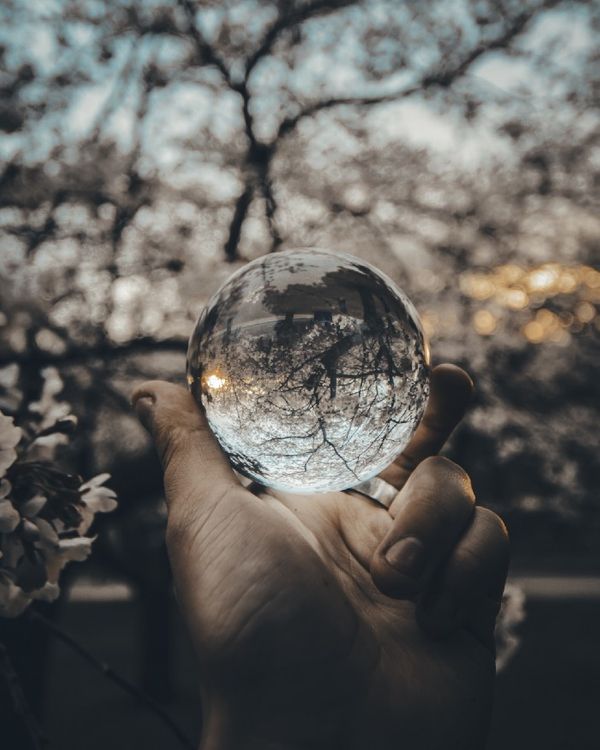
Each day is a place I’ve never been before. The nightmare comes every so often, the thoughts of ‘what if…’ but I don’t stay there as long. I have dedicated myself to helping other trauma survivors deal with the hand they were dealt. Aside from my children, there is nothing more rewarding in my life. We get to look through the lies abuse teaches us, through the blame others project onto us, while taking responsibility for ourselves. I am able to look in the mirror today and know, I am a worthy human being who survived terrible atrocities and lived to advocate for other invisible ones. There is absolutely no shame in what was done to us. I see you, every time I look in that mirror and your heart is beautiful too. Please don’t go under, like I thought I would. You can do this, survive and thrive, give and receive. I believe in you.
If you are struggling with suicide loss, I encourage reaching out, even when it hurts so much you don’t know if you can breathe one more second. Lean on others who love and support you, discern who is safe. Find what tools work for you, to manage the shame spirals and hold onto them fiercely.
My heart is heavy for anyone in the place of utter desolate despair. There are no words sometimes. It took me over two years to write and finish this article, the layers are so deep, the grief so keening and the healing so profound. Please know some days are harder than others, but there are others who have been there too, and you aren’t alone. You matter.
